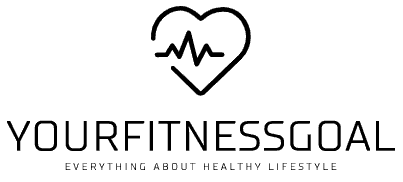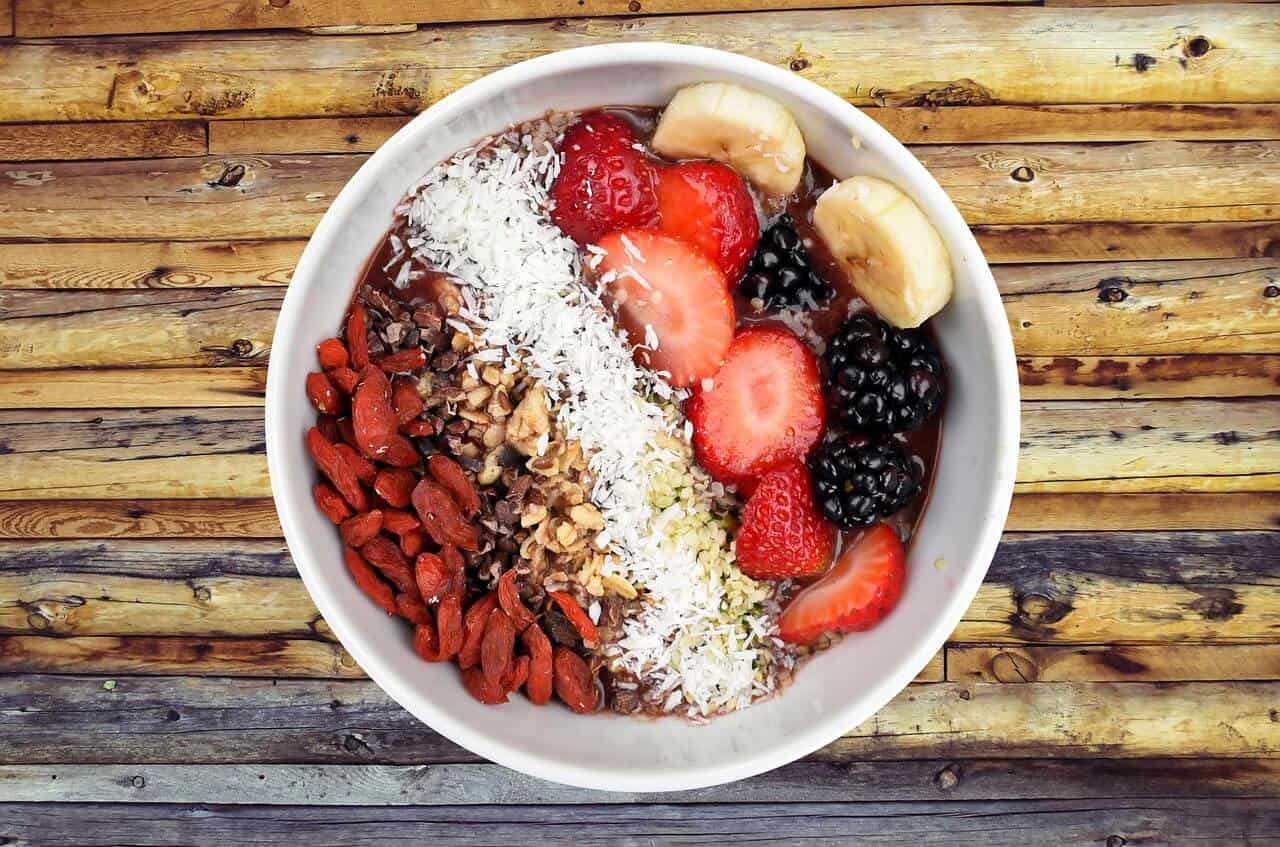Introduction
Dietary fiber is an essential component of a healthy diet, playing a crucial role in digestive health and overall well-being. It aids in promoting regular bowel movements, maintaining gut health, and supporting weight management. However, like everything in life, moderation is key. Consuming too much fiber can lead to adverse effects on the body, causing digestive disturbances and discomfort. In this comprehensive guide, we will delve into the potential consequences of excessive fiber intake and explore the signs and symptoms to watch out for. Let’s uncover the intricate relationship between fiber and our bodies and understand how to strike the right balance for optimal health.
Understanding Dietary Fiber
Before we dive into the effects of excessive fiber consumption, it’s essential to grasp the concept of dietary fiber and its role in our bodies. Dietary fiber refers to the indigestible portion of plant-based foods, mainly found in fruits, vegetables, whole grains, and legumes. There are two types of dietary fiber: soluble and insoluble. Soluble fiber dissolves in water and forms a gel-like substance, while insoluble fiber adds bulk to the stool, aiding in regular bowel movements.
Including a variety of fiber-rich foods in our diets is beneficial for maintaining digestive health, preventing constipation, and supporting a balanced gut microbiome.
The Role of Fiber in Digestive Health
Fiber is often praised for its positive impact on digestive health. It adds bulk to the stool, making it easier to pass through the intestines and promoting regular bowel movements. This can help prevent constipation and alleviate discomfort associated with irregularity.
Moreover, fiber acts as a prebiotic, providing nourishment for beneficial gut bacteria. A well-nourished gut microbiome supports a healthy immune system and may even contribute to mental well-being.
Too Much Fiber: What Are the Risks?
While fiber is undoubtedly beneficial, overconsumption can lead to a range of issues. One of the primary risks of excessive fiber intake is digestive disturbances. High-fiber foods can be challenging to digest, leading to bloating, gas, and abdominal discomfort. Additionally, consuming too much fiber without adequate hydration can worsen constipation rather than alleviate it.

Signs and Symptoms of Excessive Fiber Intake
Dietary fiber is an essential component of a healthy diet, known for its role in promoting digestive health and overall well-being. While a fiber-rich diet offers numerous benefits, consuming too much fiber can lead to adverse effects on the body. As an expert content writer, I’ll guide you through the signs and symptoms of excessive fiber intake, helping you recognize when it’s time to reassess your dietary choices.
1. Bloating and Abdominal Discomfort
One of the most common signs of consuming too much fiber is bloating and abdominal discomfort. High-fiber foods tend to produce gas during digestion, leading to bloating and a feeling of fullness in the abdomen. This can be particularly pronounced when introducing a sudden increase in fiber to the diet.
The key to managing bloating is to gradually increase fiber intake and stay well-hydrated. Drinking enough water helps fiber move smoothly through the digestive tract, reducing the risk of bloating.
2. Excessive Gas and Flatulence
Experiencing excessive gas and flatulence can also be a consequence of consuming too much fiber. When gut bacteria ferment undigested fiber, gas is produced as a byproduct. While some gas is normal, an excessive amount can lead to discomfort and embarrassment.
If you find yourself consistently dealing with excessive gas, it may be time to reevaluate your fiber intake. Keep in mind that everyone’s tolerance to fiber varies, so finding the right balance is essential.
3. Diarrhea
While fiber is often associated with preventing constipation, consuming excessive amounts of certain types of fiber can lead to diarrhea. Insoluble fiber, found in whole grains and some vegetables, adds bulk to the stool and can lead to loose and watery bowel movements when overconsumed.
If you experience frequent diarrhea or loose stools, it could be a sign that you are consuming too much insoluble fiber. Reducing your intake or opting for soluble fiber sources may help alleviate the symptoms.
4. Constipation or Difficulty Passing Stool
Interestingly, while excessive fiber can lead to diarrhea, it can also cause constipation in some individuals. This paradoxical effect occurs when too much fiber absorbs water in the intestines, making the stool bulkier and harder to pass.
If you are experiencing constipation or difficulty passing stool despite consuming a high-fiber diet, consider adjusting your fiber intake. Gradually increase fiber consumption and ensure you are drinking enough water to promote regular bowel movements.
5. Nutrient Absorption Issues
Excessive fiber intake can interfere with the absorption of certain nutrients. Fiber has the ability to bind to minerals like calcium, iron, zinc, and magnesium, reducing their availability for absorption in the gut.
If you have concerns about nutrient absorption, especially if you are at risk of deficiencies, consider spreading out your fiber intake throughout the day. This can help minimize its impact on nutrient absorption while still enjoying the benefits of fiber.
6. Unintended Weight Loss
In some cases, consuming too much fiber may lead to unintended weight loss. High-fiber foods tend to be more filling and can create a sense of fullness, leading to reduced calorie intake.
While this may be beneficial for some individuals, unintentional weight loss can be concerning if it is not part of your health goals. If you notice significant weight loss without intending to do so, reassess your diet and consult with a healthcare professional.
7. Feeling Overly Full or Stuffed
Excessive fiber intake can leave you feeling overly full or stuffed, even after small meals. While fiber promotes satiety, consuming too much can lead to an uncomfortable and overly full sensation, affecting your appetite and overall eating habits.
If you find yourself feeling too full after meals, consider adjusting your fiber intake and focusing on portion control to support a more balanced diet.
8. Disrupted Gut Microbiota
The gut microbiota plays a crucial role in digestive health and overall well-being. While fiber is known to support beneficial gut bacteria, excessive fiber consumption can lead to an imbalance in the gut microbiome.
A diverse and balanced gut microbiota is essential for maintaining a healthy immune system and preventing gastrointestinal issues. To promote a harmonious gut microbiome, avoid overdoing fiber intake and incorporate a variety of nutrient-rich foods into your diet.
9. Dehydration and Thirst
Fiber absorbs water in the intestines, which can lead to dehydration if you are not consuming enough fluids. Dehydration can cause a range of health issues, including fatigue, headaches, and constipation.
Ensure you drink plenty of water throughout the day, especially if you consume a high-fiber diet. Adequate hydration supports healthy digestion and minimizes the risk of dehydration-related symptoms.
10. Negative Impact on Preexisting Digestive Conditions
For individuals with preexisting digestive conditions, such as irritable bowel syndrome (IBS) or inflammatory bowel disease (IBD), excessive fiber intake can exacerbate symptoms. High-fiber foods can be more challenging to digest and may trigger discomfort and flare-ups in sensitive individuals.
If you have a digestive condition, work closely with your healthcare provider or a registered dietitian to determine the appropriate amount and types of fiber that suit your needs.
Also read, Top 10 Microblading Techniques for Perfect Brows
FAQ’s
1. What happens if you take too much fiber?
Consuming excessive fiber can lead to bloating, gas, diarrhea, constipation, nutrient absorption issues, unintended weight loss, and disruptions in gut microbiota.
2. How do I know if I’m eating too much fiber?
Signs of consuming too much fiber include frequent bloating, excessive gas, diarrhea, constipation, feeling overly full after meals, unintended weight loss, and dehydration.
3. Does fiber make your poop hard or soft?
Soluble fiber makes stools softer, while excessive insoluble fiber can lead to hard and dry stools.
4. Can too much fiber cause bowel inflammation?
Excessive fiber intake may cause bowel inflammation in individuals with sensitive digestive systems or preexisting conditions like Crohn’s disease or ulcerative colitis. Seek professional guidance for a balanced fiber approach.
Conclusion
It is essential to remember that individual fiber tolerance varies, and what works for one person may not apply to another. Paying attention to the body’s response to fiber-rich foods and making adjustments accordingly can help individuals find their unique balance.
Incorporating a variety of fiber-rich foods into meals is key to obtaining a diverse range of nutrients and supporting digestive health. Whole grains, fruits, vegetables, and legumes are excellent sources of fiber that can be enjoyed in moderation.
When experiencing symptoms of excessive fiber consumption, it is essential not to panic. Making gradual changes to the diet, increasing fiber intake slowly, and staying well-hydrated can help the body adapt to a higher fiber load.
For those with preexisting digestive conditions, working closely with healthcare professionals is vital. They can provide personalized guidance on fiber intake and tailor dietary recommendations to manage symptoms effectively.
Additional Considerations for Fiber Intake:
Listen to Your Body: Paying attention to how your body responds to different fiber-rich foods is essential. If you notice any discomfort or digestive issues, consider adjusting your fiber intake.
Balance Soluble and Insoluble Fiber: Including a mix of soluble and insoluble fiber in your diet is beneficial. Soluble fiber can be found in oats, nuts, and fruits, while insoluble fiber is abundant in whole grains and vegetables.
Hydration is Key: Staying adequately hydrated is crucial when consuming fiber. Water helps fiber move smoothly through the digestive tract and prevents potential constipation.
Consider Cooking Techniques: Cooking certain high-fiber foods can make them easier to digest. For example, steaming vegetables can soften them, making them gentler on the digestive system.
Seek Professional Advice: If you have concerns about your fiber intake or are experiencing persistent digestive issues, consult a registered dietitian or healthcare provider. They can assess your specific needs and provide tailored advice.
In conclusion, dietary fiber is an essential part of a balanced diet that supports digestive health and overall well-being. Consuming an appropriate amount of fiber can help prevent constipation, support gut health, and promote feelings of fullness.
However, too much fiber can lead to uncomfortable digestive disturbances, interfere with nutrient absorption, and disrupt the gut microbiota. Monitoring your body’s response to fiber intake, striking a balance, and staying hydrated are key to reaping the benefits of fiber without experiencing adverse effects.
As with all aspects of nutrition, individuality plays a significant role. What works for one person may not be suitable for another. Understanding your body’s unique needs and making informed choices will lead to a well-rounded diet that promotes optimal health and digestive comfort.
By incorporating a diverse range of fiber-rich foods and being mindful of portion sizes, you can enjoy the benefits of fiber without falling prey to its potential downsides. Remember, moderation is the key to achieving a healthy and balanced diet that nourishes both body and mind.

Hey, y’all! I’m Akshay!
I’m SO excited you’re here! I’m super passionate about nutrition and specialize in teaching others how to lose weight through healthy, low-carb eating along with Yoga and exercises. Here at Yourfitnessgoal, we believe in quality over quantity and that diet is EVERYTHING when it comes to your health and well-being. In short, we believe in a Fit and healthy lifestyle.

